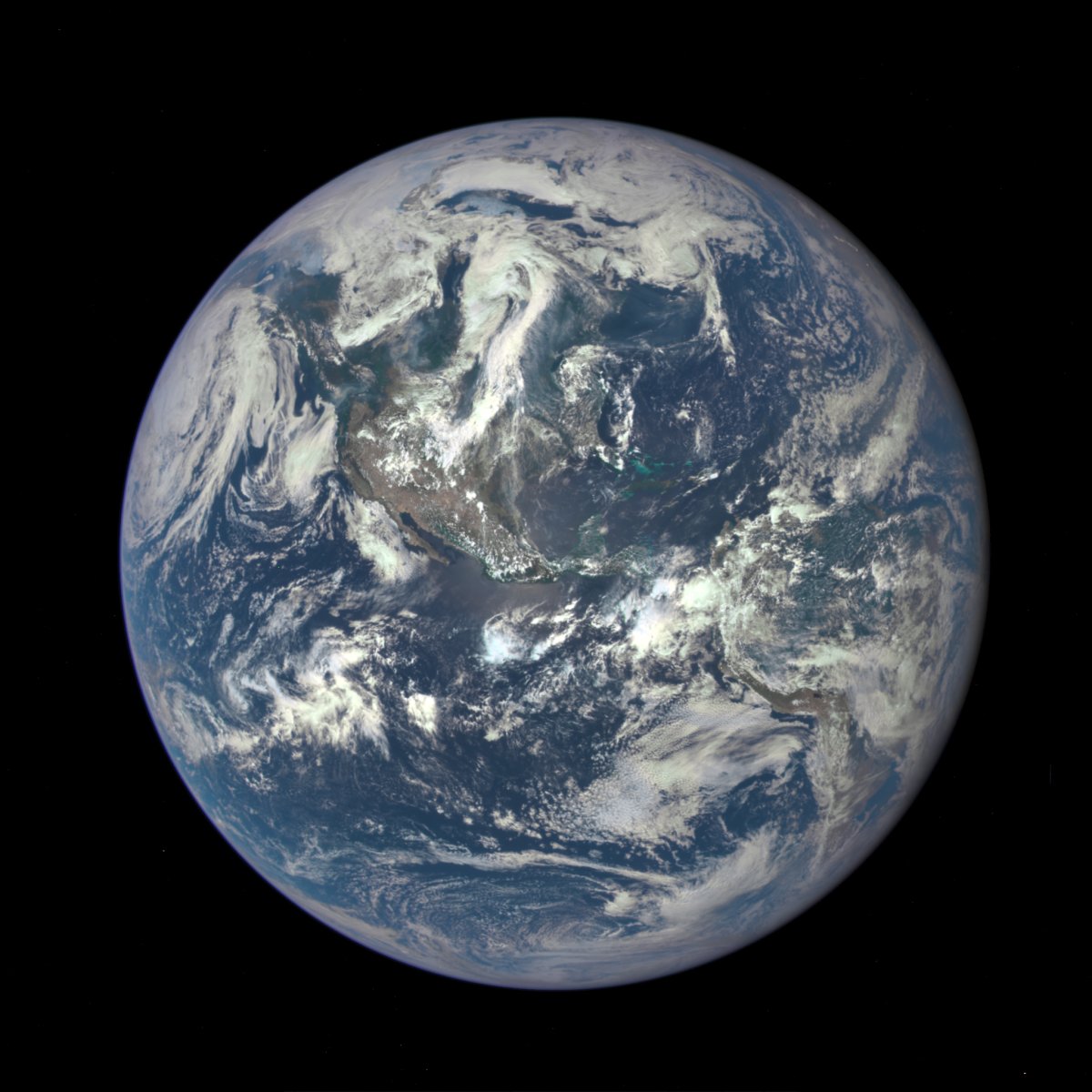Earth just recorded one of its shortest days on record on Wednesday, and scientists say its accelerating rotation is expected to shorten two more days this summer.
On July 22 and August 5, Earth’s spin is projected to speed up, shortening each day by about 1.3 to 1.5 milliseconds from the standard 86,400 seconds that make up a 24-hour day, Live Science reported.
What To Know
In the coming weeks, Earth is expected to spin slightly faster than usual, shaving just over a millisecond—one-thousandth of a second—off the standard 24-hour day.
The shortest day in recorded history occurred on July 5, 2024, when Earth completed its rotation 1.66 milliseconds faster than usual, according to timeanddate.com. That surpassed the previous record set on June 30, 2022, when the planet shaved off 1.59 milliseconds.
What makes this summer notable is that scientists said they expected three shortened days within a relatively short time span.
Why Is the Earth Spinning Faster?
According to Live Science, one possible reason for Earth’s increased rotational speed could be the moon’s position during this period. On July 22 and August 5, the moon will be at a point in its orbit where it is furthest from Earth’s equator, which alters the gravitational forces acting on the planet’s axis.
When the moon is positioned farther from Earth’s equator and closer to the poles, its pull on the planet becomes weaker. With less resistance, Earth is able to spin a bit faster, which makes the day slightly shorter than usual.
Time noted that earthquakes can also affect the planet’s spin as they redistribute subterranean mass.
What People Are Saying
Dr. Michael Wouters, the time and frequency lead at Australia’s National Measurement Institute, told The Guardian: “The Earth rotates once per day, you divide that by 86,400, that’s one second.”
He added: “We’ve always needed to do certain things at certain times, with varying levels of accuracy, like knowing when to plant your crops. As society got more and more complicated, it became necessary to know time more accurately.”
“We have atomic clocks here at our Lindfield lab. One of those is the source of time, and then we have others that we just use for checking that one’s working correctly.”
Oleg Titov, a Geoscience Australia scientist, told The Guardian: “There is a general consensus the Earth will slow down again (deceleration will win), but there is a risk that acceleration may be effective for a few decades.”
What Happens Next
As Earth spins faster, the time we measure based on the planet’s rotation slowly drifts away from the precise time kept by atomic clocks, known as coordinated universal time.
To keep things in sync, scientists have twice added a “leap second.” The first was added in 1972, and the last in 2016. But if Earth keeps speeding up, timekeepers might have to take a second away instead, The Guardian reported, citing Wouters.
A difference of a millisecond is far too small for the human brain to register, and even if several seconds built up over a century, Wouters said, “nobody’s really going to notice.”

NASA/Getty Images


























